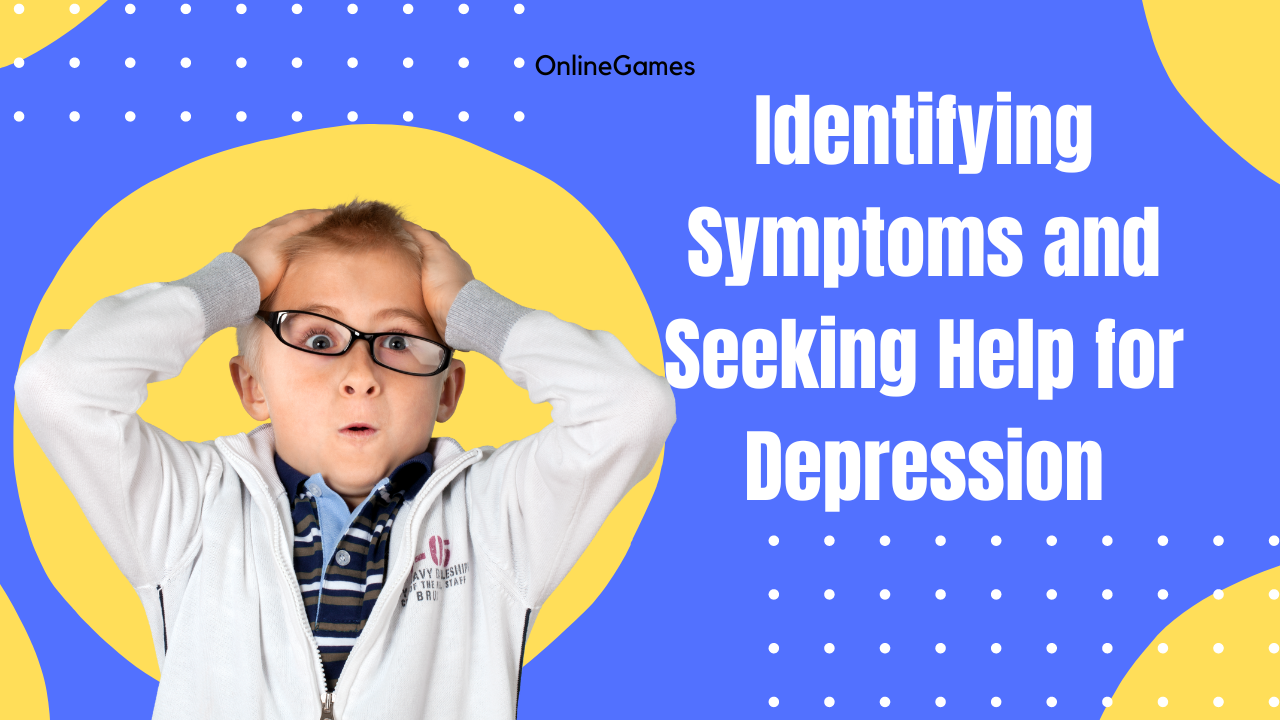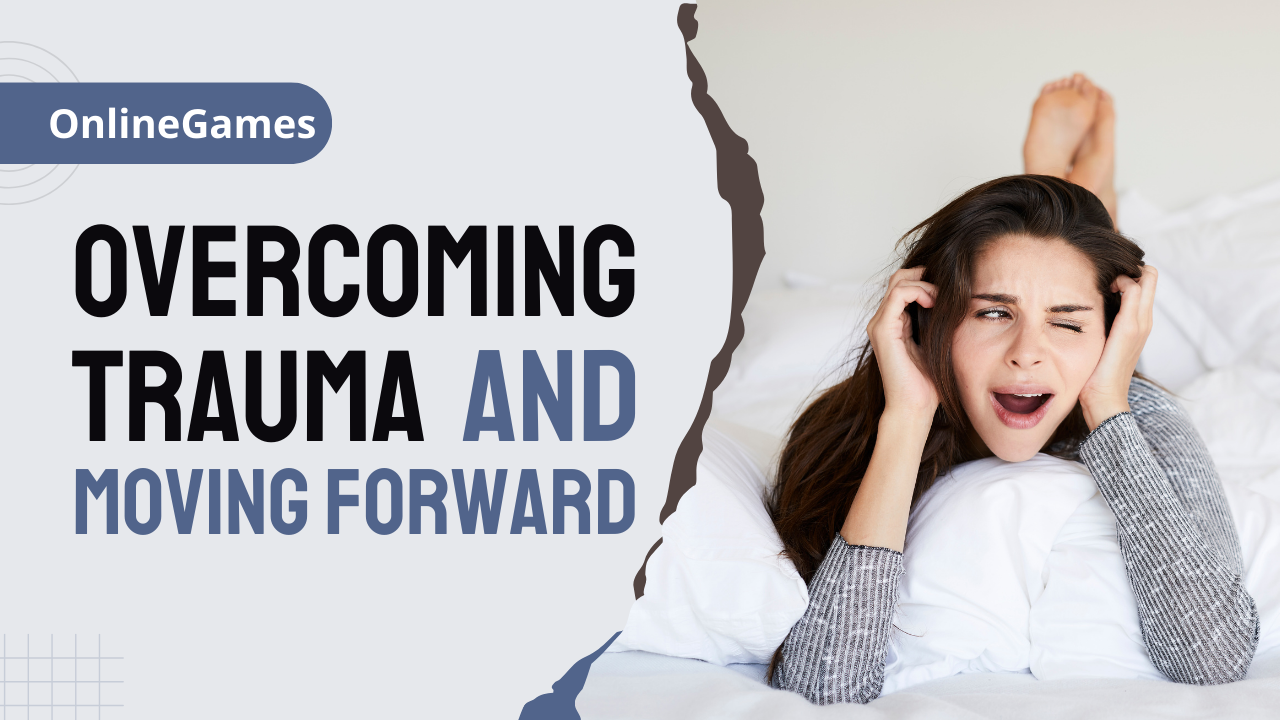Depression is a common mental health condition that affects millions of people worldwide. It is more than just feeling sad or going through a tough time; it is a serious condition that requires understanding and intervention. Recognizing the symptoms of depression and seeking appropriate help are crucial steps in managing the disorder and improving overall well-being. This article explores the various symptoms of depression, the importance of early detection, and the avenues available for seeking help.
Understanding Depression and Its Impact
What Is Depression?
Depression is a mental health disorder characterized by persistent feelings of sadness, hopelessness, and a lack of interest or pleasure in activities once enjoyed. It can interfere with daily life, relationships, and physical health. Depression can vary in severity, from mild episodes of sadness to severe, debilitating episodes that significantly impact one’s ability to function.
The Impact of Depression
Depression affects individuals in different ways, influencing their emotional, cognitive, and physical well-being. It can lead to difficulties in maintaining relationships, performing daily tasks, and achieving personal and professional goals. Understanding the impact of depression is essential for recognizing its symptoms and seeking timely help.
Identifying Symptoms of Depression
1. Emotional Symptoms
Persistent Sadness or Emptiness: One of the hallmark symptoms of depression is a continuous feeling of sadness, emptiness, or hopelessness that lasts for most of the day, nearly every day.
Loss of Interest or Pleasure: Individuals with depression often lose interest in activities they once enjoyed, including hobbies, social interactions, and even sex. This lack of interest, known as anhedonia, is a core symptom of depression.
Feelings of Worthlessness or Guilt: People with depression frequently experience overwhelming feelings of worthlessness, excessive guilt, or self-blame, even for things beyond their control.
Irritability and Frustration: Increased irritability, frustration, or anger, even over small matters, is common in depression. This can lead to conflicts and strained relationships.
2. Cognitive Symptoms
Difficulty Concentrating: Depression can impair cognitive functions, leading to difficulties in concentrating, making decisions, or remembering things. This can affect productivity and performance in work or school.
Indecisiveness: Individuals may struggle with decision-making, feeling overwhelmed by even simple choices due to low confidence and a lack of clarity.
Negative Thought Patterns: Persistent negative thoughts, such as pessimism about the future, feelings of helplessness, and excessive self-criticism, are typical in depression. These thought patterns can perpetuate the cycle of depression.
Thoughts of Death or Suicide: In severe cases, depression can lead to recurrent thoughts of death, suicide, or self-harm. These thoughts should be taken seriously and addressed immediately by seeking professional help.
3. Physical Symptoms
Changes in Appetite and Weight: Depression can lead to significant changes in appetite, resulting in weight loss or gain. Some individuals may lose interest in food, while others may overeat for comfort.
Sleep Disturbances: Depression often causes sleep problems, including insomnia (difficulty falling or staying asleep) or hypersomnia (excessive sleeping). Poor sleep can exacerbate other symptoms of depression.
Fatigue and Low Energy: Persistent fatigue, low energy levels, and a general sense of lethargy are common in depression, even with adequate rest. This can make daily activities feel exhausting and overwhelming.
Physical Aches and Pains: Depression can manifest in physical symptoms such as headaches, muscle pain, and digestive issues. These symptoms often have no clear medical cause and may not respond to typical treatments.
4. Behavioral Symptoms
Social Withdrawal: Individuals with depression may withdraw from social interactions, avoid gatherings, and isolate themselves from friends and family. This isolation can worsen feelings of loneliness and despair.
Decreased Activity: Depression often leads to a decline in physical activity and motivation, resulting in neglect of daily responsibilities, hobbies, and self-care routines.
Substance Abuse: Some people may turn to alcohol or drugs as a way to cope with their depressive symptoms, which can lead to substance abuse and further complications.
The Importance of Early Detection
Recognizing the Signs
Early detection of depression is crucial for effective treatment and recovery. Recognizing the signs and symptoms allows for timely intervention, which can prevent the condition from worsening and reduce the risk of long-term complications.
Breaking the Stigma
Many individuals hesitate to seek help due to the stigma associated with mental health issues. It is important to understand that depression is a medical condition, not a sign of weakness or personal failure. Seeking help is a courageous step toward healing and recovery.
Seeking Help for Depression
1. Professional Help
Consult a Healthcare Provider: The first step in seeking help for depression is consulting a healthcare provider, such as a primary care doctor or a mental health professional. They can conduct a thorough evaluation, diagnose the condition, and recommend appropriate treatment options.
Therapy and Counseling: Psychotherapy, or talk therapy, is an effective treatment for depression. Therapies such as cognitive-behavioural therapy (CBT), interpersonal therapy (IPT), and psychodynamic therapy help individuals understand and manage their thoughts, feelings, and behaviours.
Medication: Antidepressant medications can help manage symptoms of depression by correcting chemical imbalances in the brain. It is important to discuss the potential benefits and side effects of medication with a healthcare provider to determine the best option.
2. Support Networks
Family and Friends: Sharing your feelings with trusted family members and friends can provide emotional support and a sense of connection. Loved ones can offer encouragement and help you access professional resources.
Support Groups: Joining a support group for individuals with depression can provide a sense of community and shared understanding. Support groups offer a platform for discussing experiences, sharing coping strategies, and receiving emotional support from others who are facing similar challenges.
3. Self-Help Strategies
Practice Self-Care: Engaging in self-care activities, such as regular exercise, a balanced diet, and sufficient sleep, is essential for managing depression. Self-care helps to improve overall health and well-being, which can alleviate depressive symptoms.
Mindfulness and Relaxation Techniques: Techniques such as mindfulness meditation, deep breathing exercises, and progressive muscle relaxation can help reduce stress, improve emotional regulation, and enhance overall mental health.
Set Realistic Goals: Setting small, achievable goals can help build a sense of accomplishment and reduce feelings of overwhelm. Focus on progress, not perfection, and celebrate small victories along the way.
Limit Stress and Overcommitment: Managing time effectively and setting boundaries can help reduce stress and prevent burnout. Learn to say no to additional responsibilities and prioritize activities that promote relaxation and well-being.
Long-Term Strategies for Managing Depression
1. Develop Coping Mechanisms
Identify Triggers: Understanding specific triggers that contribute to depressive episodes can help develop strategies to manage or avoid them. Keeping a journal to track mood changes and associated events or thoughts can provide valuable insights.
Practice Resilience Building: Building resilience involves developing the capacity to cope with and recover from adversity. Strategies such as maintaining a positive outlook, practising gratitude, and seeking opportunities for growth and learning can enhance resilience.
2. Maintain a Healthy Lifestyle
Engage in Regular Physical Activity: Regular exercise supports physical health and improves mood. Activities such as walking, swimming, or yoga can be particularly beneficial for mental well-being.
Adopt a Balanced Diet: A nutritious diet supports overall health and can positively impact mood and energy levels. Ensure an adequate intake of essential nutrients, such as omega-3 fatty acids, B vitamins, and magnesium, to help manage symptoms of depression.
Prioritize Sleep: Quality sleep is crucial for mental health. Establish a regular sleep routine, create a comfortable sleep environment, and avoid stimulants such as caffeine and electronic devices before bed.
3. Foster Positive Relationships
Build Strong Social Connections: Maintaining healthy relationships and a supportive social network is essential for emotional well-being. Regularly spending time with loved ones and participating in social activities can provide emotional support and reduce feelings of isolation.
Practice Effective Communication: Open and honest communication with friends, family, and healthcare providers is important for expressing needs and seeking support. Effective communication helps foster understanding and strengthen relationships.
4. Stay Informed and Educated
Learn About Depression: Understanding the nature of depression, its symptoms, and treatment options can empower individuals to take an active role in their recovery. Staying informed about new research and treatment approaches can provide additional strategies for managing the condition.
Seek Professional Advice: Regular consultations with healthcare providers and mental health professionals can ensure that treatment plans are effective and tailored to individual needs. Seek professional advice for any changes in symptoms or treatment options to maintain mental health.
Taking the First Step Toward Recovery
Identifying the symptoms of depression and seeking appropriate help are crucial steps in managing the condition and improving overall well-being. Depression is a complex and multifaceted disorder that requires understanding, compassion, and a proactive approach to treatment. By recognizing the signs, breaking the stigma, and accessing available resources, individuals can embark on a path to recovery and achieve a better quality of life.










